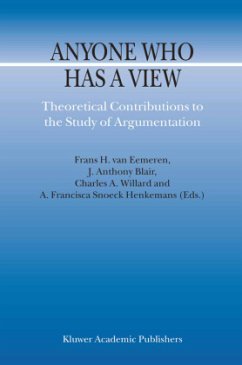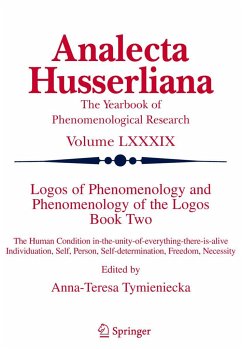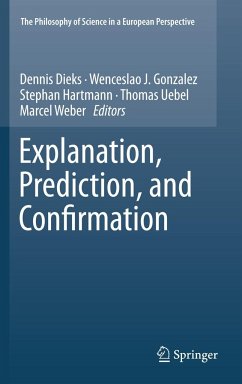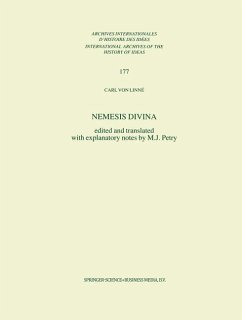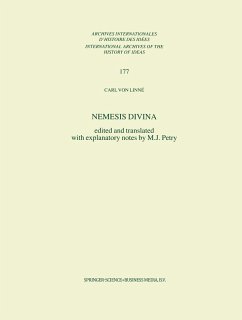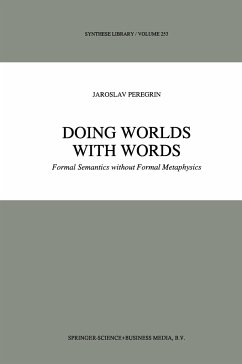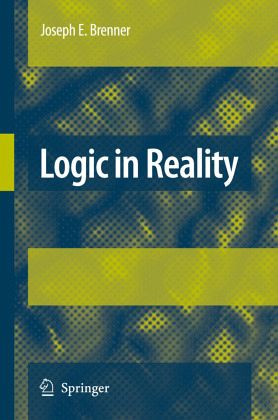
Logic in Reality
Versandkostenfrei!
Versandfertig in 1-2 Wochen
138,99 €
inkl. MwSt.
Weitere Ausgaben:

PAYBACK Punkte
69 °P sammeln!
This book is both dif?cult and rewarding, affording a new perspective on logic and reality, basically seen in terms of change and stability, being and becoming. Most importantly it exemplifies a mode of doing philosophy of science that seems a welcome departure from the traditional focus on purely analytic arguments. The author approaches ontology, metaphysics, and logic as having offered a number of ways of constructing the description of reality, and aims at deepening their relationships in a new way. Going beyond the mere abstract and formal aspects of logical analysis, he offers a new arch...
This book is both dif?cult and rewarding, affording a new perspective on logic and reality, basically seen in terms of change and stability, being and becoming. Most importantly it exemplifies a mode of doing philosophy of science that seems a welcome departure from the traditional focus on purely analytic arguments. The author approaches ontology, metaphysics, and logic as having offered a number of ways of constructing the description of reality, and aims at deepening their relationships in a new way. Going beyond the mere abstract and formal aspects of logical analysis, he offers a new architecture of logic that sees it as applied not only to the "reasoning processes" belonging to the first disciplinary group - ontology - but also directly concerned with en- ties, events, and phenomena studied by the second one - metaphysics. It is the task of the book to elaborate such a constructive logic, both by offering a lo- cal view of the structure of the reality in general and by proffering a wealth of models able to encompass its implications for science. In turning from the merely formal to the constructive account of logic Brenner overcomes the limitation of logic to linguistic concepts so that it can be not only a logic "of" reality but also "in" that reality which is constitutively characterized by a number of fundamental dualities (observer and observed, self and not-self, internal and external, etc.






